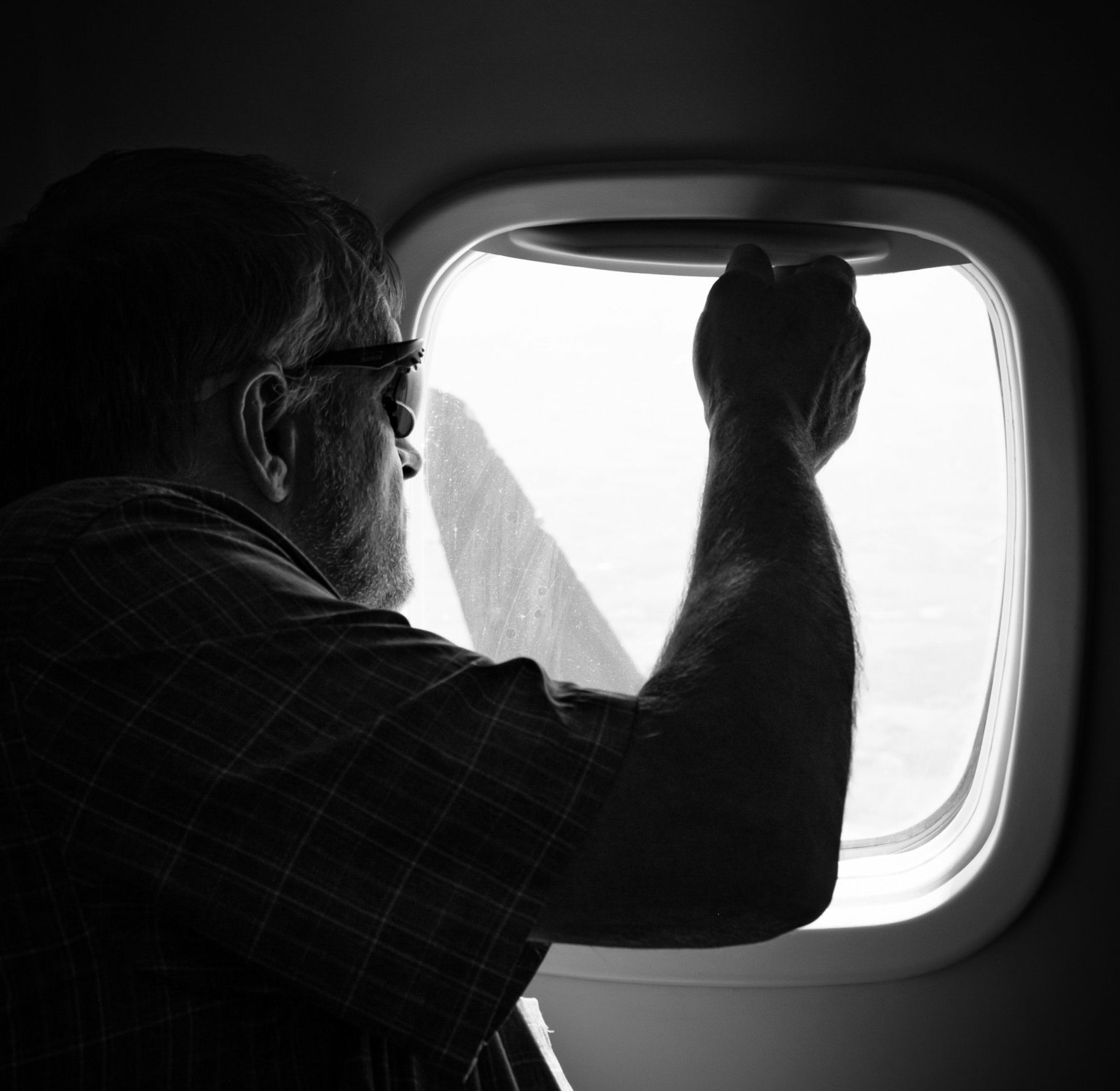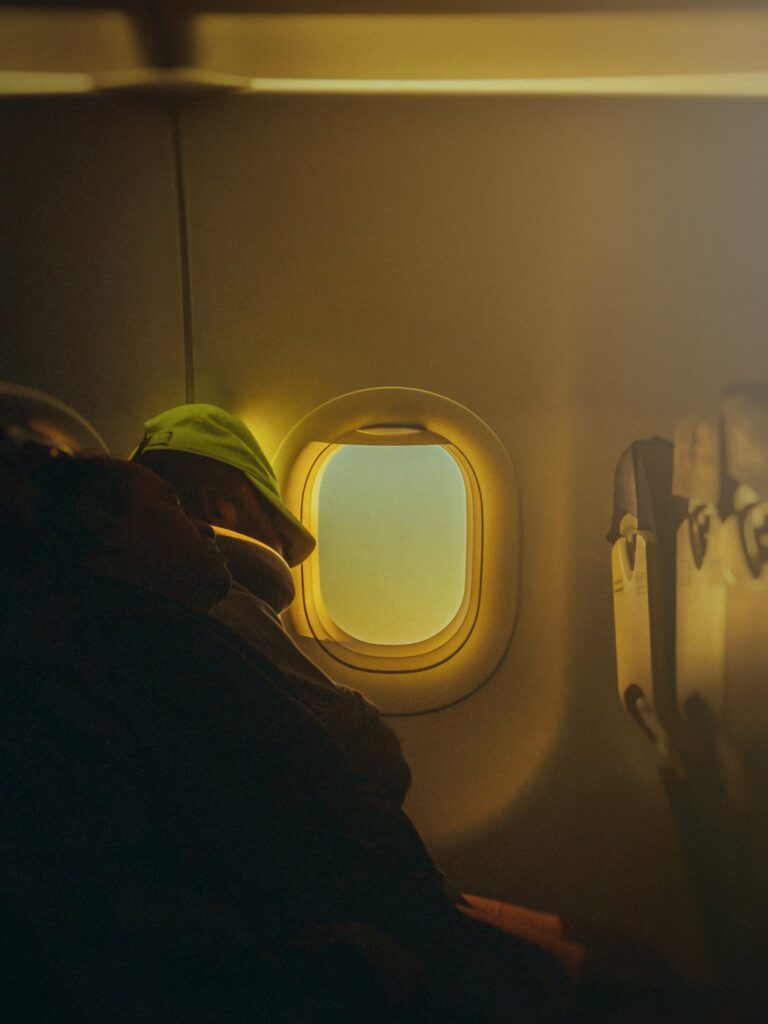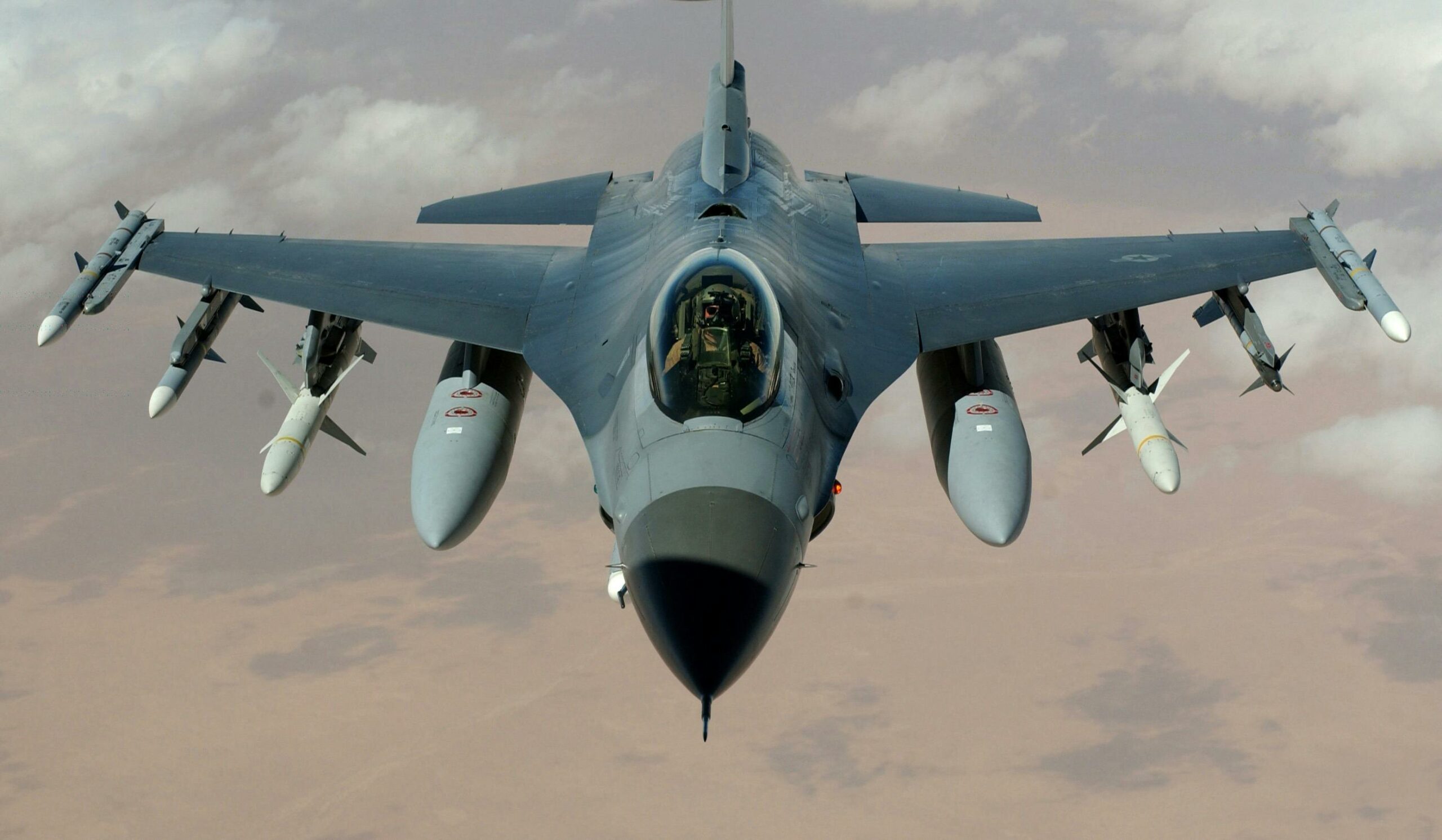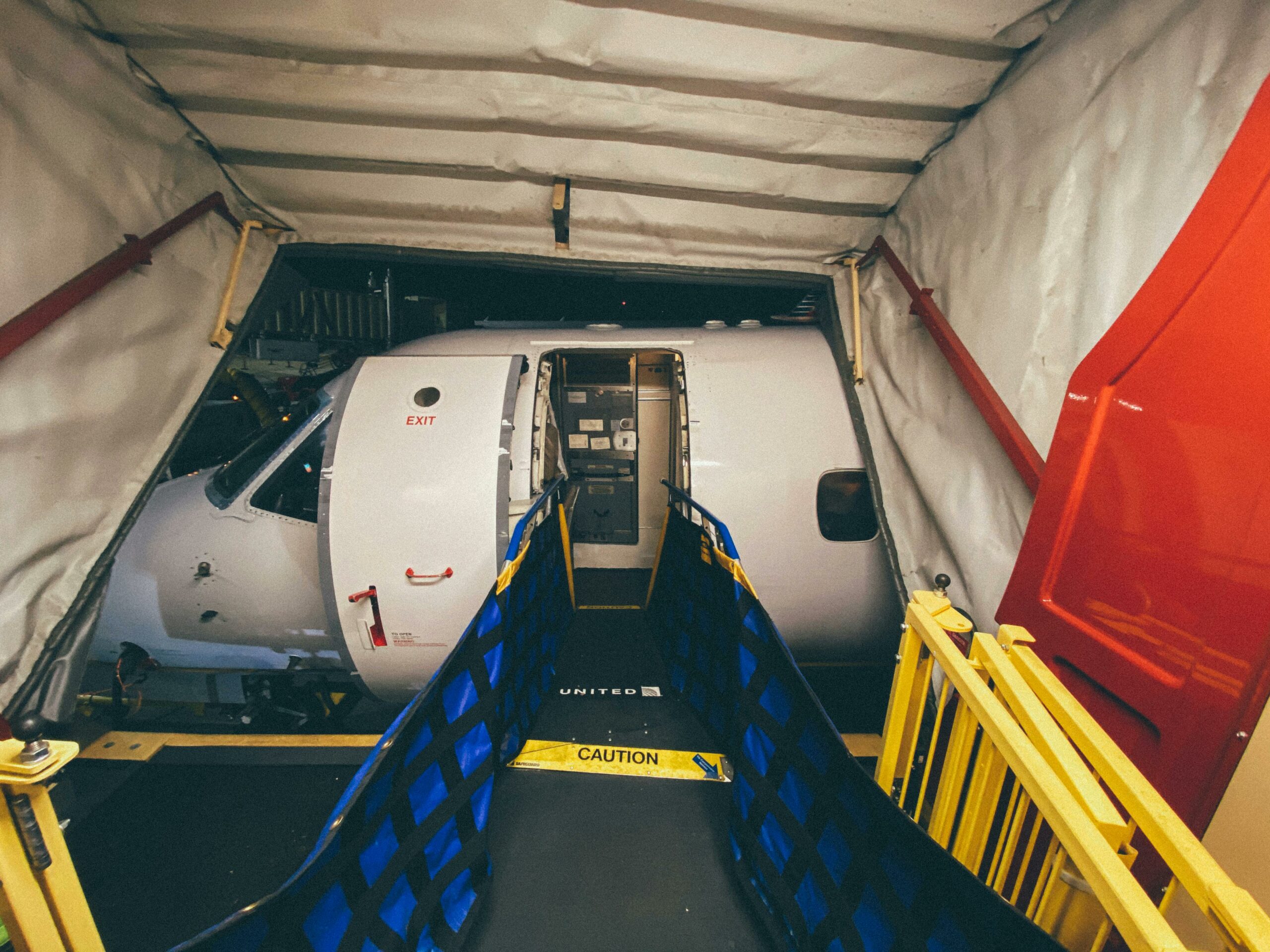How to Overcome the Fear of Flying: Experts Share 10 Helpful Tips

Many people experience anxiety or fear of flying. This fear of flying, also known as aviophobia, can be a significant obstacle for those who need to travel by plane, whether for business or pleasure. Fortunately, there are ways to overcome this fear and make flying a more comfortable experience.
To help those struggling with aviophobia, we’ve gathered tips from 10 experts in the field. These tips cover a range of techniques, from cognitive-behavioral therapy to relaxation exercises, that can help individuals manage their fear of flying. By implementing these strategies, individuals can learn to feel more at ease when boarding a plane.
Related Posts:
Understanding Fear of Flying
Fear of flying, also known as aviophobia, is a common phobia that affects millions of people worldwide. It is an anxiety disorder that can be triggered by various factors such as turbulence, fear of heights, claustrophobia, or the fear of losing control.
For some people, the fear of flying can be so severe that it prevents them from traveling by air altogether. This can lead to missed opportunities, lost time, and even impact one’s career or personal life.
The triggers for aviophobia can vary from person to person. Some people may have had a traumatic experience in the past, while others may have developed a fear of flying due to a lack of exposure to air travel. It is essential to understand that aviophobia is a treatable condition, and there are several ways to overcome the fear of flying.
Experts suggest that understanding the underlying causes of aviophobia is the first step towards overcoming it. Identifying the specific triggers that cause anxiety can help individuals develop coping mechanisms to manage their fear.
It is also crucial to educate oneself about the safety measures and statistics related to air travel. Fear of flying is often irrational, and knowing the facts can help individuals put their fears into perspective.
Overall, it is essential to seek help from a mental health professional who specializes in treating anxiety disorders if the fear of flying is impacting one’s life significantly. With the right approach and treatment, it is possible to overcome the fear of flying and enjoy air travel without anxiety.
Causes of Fear of Flying

Fear of flying is a common phobia that affects many people worldwide. It can be caused by a variety of factors, including:
- Turbulence: Turbulence is a common occurrence during flights, and it can be unsettling for some passengers. It is caused by changes in air pressure and can feel like the plane is shaking or bouncing.
- Plane crashes: Although rare, plane crashes can be a significant cause of fear of flying. The media often reports on plane crashes, which can create a sense of fear and anxiety in some individuals.
- Terrorism: The fear of terrorism can also cause some people to be afraid of flying. The events of September 11, 2001, have had a lasting impact on many people’s perception of air travel.
- Claustrophobia: Fear of enclosed spaces, or claustrophobia, can be another cause of fear of flying. Being in a small, enclosed space for an extended period can be uncomfortable for some people.
- Anticipatory anxiety: Anticipatory anxiety is anxiety that occurs before an event, such as a flight. Some people may experience anxiety leading up to a flight, which can make the actual flight more difficult.
Understanding the underlying causes of fear of flying can help individuals overcome their fear and feel more comfortable during air travel.
The Role of Knowledge and Facts

One of the most effective ways to overcome the fear of flying is to educate oneself with knowledge and facts about air travel. By understanding the science behind flight and the safety measures in place, individuals can gain a sense of control and confidence that can help alleviate their anxiety.
According to the National Safety Council, the odds of dying in a plane crash are about one in 11 million. This statistic alone should provide some reassurance to those who fear flying. In fact, air travel is one of the safest modes of transportation. Commercial airlines are subject to strict safety regulations and procedures, and pilots undergo extensive training to ensure their competence and readiness for any situation.
Learning about the safety statistics of air travel can also be helpful in reducing fear. For example, turbulence, which can be a common source of anxiety for some passengers, is rarely dangerous and is usually just uncomfortable. In addition, modern aircraft are equipped with advanced technology that can detect and avoid turbulent weather conditions.
In addition to safety statistics, gaining knowledge about the mechanics of flight can also be beneficial. Understanding how planes stay in the air and how pilots navigate can help individuals feel more in control and less helpless during a flight.
Overall, educating oneself with knowledge and facts can be a powerful tool in overcoming the fear of flying and regaining confidence in air travel.
Related Posts:
Professional Help and Therapies
For some individuals, overcoming the fear of flying may require professional help. There are several therapeutic approaches that can be beneficial in treating aviophobia, including exposure therapy, counseling, virtual reality, and Emotional Freedom Technique (EFT).
Therapist
A therapist who specializes in treating anxiety disorders, including phobias, can be an excellent resource for individuals struggling with a fear of flying. The therapist can help the individual identify the root of their fear and develop coping mechanisms to manage it. They may also recommend additional therapies, such as exposure therapy or virtual reality.
Exposure Therapy
Exposure therapy is a type of cognitive-behavioral therapy that involves gradually exposing the individual to their fear in a controlled and safe environment. This therapy can be particularly effective for individuals with aviophobia, as it allows them to confront their fear and develop coping mechanisms.
Counseling
Counseling can be beneficial for individuals struggling with a fear of flying. A counselor can provide a safe and supportive environment for the individual to discuss their fears and develop strategies for managing them. They may also recommend additional therapies, such as exposure therapy or virtual reality.
Virtual Reality
Virtual reality is a relatively new therapeutic approach that has shown promise in treating aviophobia. The individual wears a headset that simulates a flight experience, allowing them to confront their fear in a controlled and safe environment. This therapy can be particularly effective for individuals who are unable to participate in traditional exposure therapy.
Emotional Freedom Technique (EFT)
Emotional Freedom Technique (EFT) is a type of alternative therapy that involves tapping on specific points on the body while focusing on negative emotions. While there is limited research on the effectiveness of EFT for treating aviophobia, some individuals have reported significant improvements in their symptoms after using this therapy.
Overall, seeking professional help and therapy can be an effective way to overcome a fear of flying. By working with a therapist or counselor, individuals can develop coping mechanisms and strategies for managing their fear, allowing them to travel with greater ease and confidence.
Medications for Flight Anxiety
For some individuals, medication can be an effective way to manage their fear of flying. There are different types of medication that can be prescribed to help manage anxiety during flight.
One type of medication is anti-anxiety medication, which can help reduce feelings of anxiety and promote relaxation. These medications work by increasing the levels of a neurotransmitter called GABA in the brain, which can help calm the nervous system. Examples of anti-anxiety medication include benzodiazepines such as Valium and Xanax.
Another type of medication that can be used to manage flight anxiety is selective serotonin reuptake inhibitors (SSRIs). These medications are typically used to treat depression and anxiety disorders, but can also be effective in managing flight anxiety. SSRIs work by increasing the levels of serotonin in the brain, which can help regulate mood and reduce anxiety. Examples of SSRIs include Prozac and Zoloft.
It is important to note that medication should only be used under the guidance and supervision of a healthcare professional. Additionally, medication may not be effective for everyone and may have potential side effects. It is important to discuss the risks and benefits of medication with a healthcare professional before starting any medication regimen.
Self-Help Techniques
Fear of flying can be a daunting experience, but there are some self-help techniques that can help individuals overcome their fear. Here are some tips that can help:
- Breathing exercises: Deep breathing exercises can help calm the body and reduce anxiety. Inhale through the nose and exhale through the mouth slowly.
- Box breathing: This technique involves inhaling for four seconds, holding the breath for four seconds, exhaling for four seconds, and holding the breath for four seconds before repeating the cycle.
- Distraction: Engaging in activities such as reading, watching a movie, or listening to music can help distract the mind from fear and anxiety.
- SOAR: The SOAR program is a self-help program designed specifically for individuals with fear of flying. It provides information and techniques to help individuals overcome their fear.
These techniques can be effective in reducing fear of flying. It is important to remember that everyone’s experience is different, and what works for one person may not work for another. It may be helpful to try different techniques and find what works best for you.
Coping with Covid-19 Anxiety
The Covid-19 pandemic has brought about a great deal of uncertainty and anxiety for many people, including those who suffer from a fear of flying. The fear of contracting the virus while traveling or being stuck in a foreign country due to travel restrictions can be overwhelming. Here are some tips for coping with Covid-19 anxiety when traveling:
- Stay informed: Keep up to date with the latest travel advisories and restrictions in your destination country. Follow the guidelines set by health authorities and airlines to minimize the risk of contracting the virus.
- Be prepared: Pack a Covid-19 travel kit that includes face masks, hand sanitizer, disinfectant wipes, and other essential items to help keep you safe and healthy while traveling.
- Practice self-care: Take care of your mental and physical health by getting enough rest, eating well, and engaging in activities that help you relax and reduce stress. This can include meditation, yoga, or deep breathing exercises.
- Seek support: If you are feeling overwhelmed or anxious, reach out to friends, family, or a mental health professional for support. Many airlines and travel companies also offer resources and support for travelers dealing with Covid-19 anxiety.
Remember that while the Covid-19 pandemic has brought about many challenges and uncertainties, there are steps you can take to minimize your risk and cope with anxiety when traveling. Stay informed, be prepared, and practice self-care to help ensure a safe and enjoyable travel experience.
Practical Tips from Flight Attendants
Flight attendants are the experts in air travel, and they have seen it all. They know how to deal with nervous flyers, and they have some practical tips to help you get over your fear of flying.
One of the first tips that flight attendants suggest is to choose an aisle seat. This type of seat allows you to move around more freely, which can help you feel less confined. Also, if you need to get up and walk around during the flight, you won’t have to climb over other passengers.
Another tip is to distract yourself during take-off. Flight attendants suggest bringing a book, magazine, or puzzle book to keep your mind busy during this stressful time. You can also listen to music or watch a movie to take your mind off the flight.
If you are feeling anxious during the flight, flight attendants suggest taking deep breaths and focusing on your breathing. You can also try some relaxation techniques, such as meditation or yoga, to help calm your nerves.
Finally, flight attendants recommend talking to them if you are feeling nervous. They are trained to deal with nervous flyers, and they can offer you reassurance and support during the flight.
By following these practical tips from flight attendants, you can overcome your fear of flying and enjoy your next air travel experience.
Conclusion
In conclusion, fear of flying is a common phobia that affects a significant portion of the population. It can be caused by a variety of factors, including past traumatic experiences, lack of control, and fear of the unknown. However, there are many effective strategies that can help individuals overcome their fear of flying and enjoy air travel.
The experts recommend a combination of cognitive-behavioral therapy, exposure therapy, and relaxation techniques to help individuals manage their anxiety and gradually overcome their fear of flying. It is important to seek professional help if the fear of flying is interfering with daily life or causing significant distress.
Additionally, there are many practical tips that individuals can use to make air travel more comfortable and less anxiety-provoking. These include choosing a seat in advance, bringing comforting items, distracting oneself with entertainment or reading, and practicing deep breathing techniques.
By using a combination of these strategies, individuals can overcome their fear of flying and enjoy the many benefits of air travel. It is important to remember that fear of flying is a treatable condition, and with the right support and resources, individuals can overcome their anxiety and enjoy safe and comfortable air travel.

